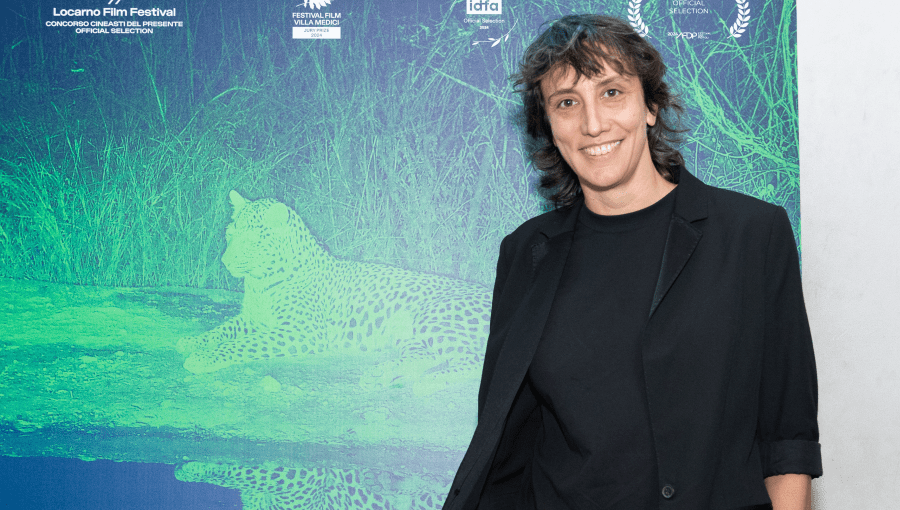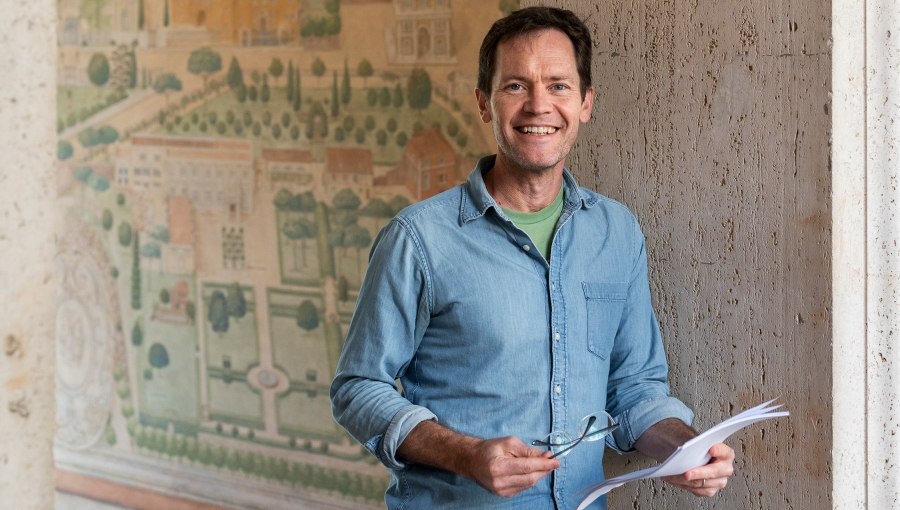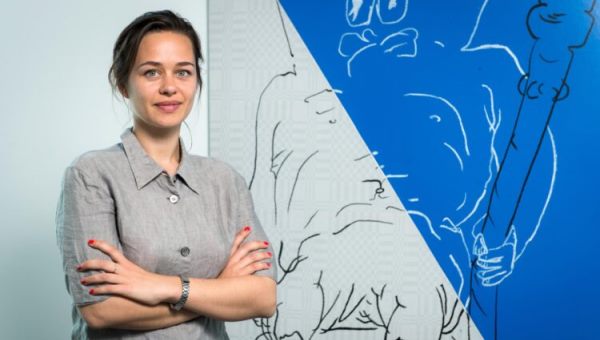Always a Better Solution: Professor Khaison Duong
Professor Khaison Duong is lecturer in Computer Science and Educational Technology Specialist. Born in Vietnam of Chinese parents, he arrived in Canada as a refugee when he was 2 years old. Duong earned his B.S. in Computer Science from the University of Calgary (Canada) in 2001 and joined JCU in 2013.
What are the challenges/perks of learning computer science today?
The greatest thing about computer science is that, as time goes by, there are always new things to see, to do, and to learn. It’s always interesting to look at how the next generation deals with computers as a learning and work tool and not just something for distraction and leisure.
Tell us about your new position as JCU’s Educational Technology Specialist.
Since the role of Educational Technologist is still quite new, people wonder what this position entails. In short, an Educational Technologist finds solutions. The use of technology in teaching and learning is often a complex task. There are many challenges in using technology for teaching and learning that teachers and students face. They often don’t have a solution and don’t know how to utilize the many possibilities offered by new technologies. This is where I can help. There are many opportunities that technology can create for teaching and learning, opportunities that are often unknown to faculty. I can reveal those to instructors to help them improve teaching and learning.
A simple piece of technology that is often overlooked is Moodle. It is something that we’ve had for years but few have taken full advantage of it. Many people often tell me they have trouble keeping grades and still do it on paper. Moodle can handle this elegantly, as can Excel. Sometimes people think Ed Tech is some miraculous technological tool. Instead, it’s often introducing simple solutions to teachers who never knew or never thought to use them.
What’s one tip that you would give to aspiring computer scientists?
There is always a better solution. Try to find it. Problems can be solved in many ways, but there is a greater satisfaction when you can find a way that is more efficient, easier, and more enjoyable.
Not long ago someone thought it was a hassle to physically carry your data with you. Solution: someone created a cloud. 20 years ago, when DVDs were the hype, flash drive technology didn’t exist. Today you can carry 1000 pictures, 2000 songs, and 10 movies in a little rectangle the size of your thumbnail. 20 years ago it was inconceivable. 10 years ago it was difficult to imagine. Today it costs €20. Someone figured it out. Someone made it happen. Someone found a better way to do things. This is computer science.
There are always better ways to do things. Students surprise me sometimes. I’ll never forget the day a student told me “Prof., did you know you can triple-click?”
Please tell us about your upcoming event on Computer Security Awareness.
This will be the first of a series of teaching and learning events. The aim is to get faculty and staff together to share skills. We will start with two learning sessions. I will be giving one about how to use Moodle and Excel to easily keep students’ grades. The other session will feature Prof. Walter Arrighetti giving a talk about Computer Security Awareness. There will be pizza and drinks.
Any future projects?
There are many projects floating around regarding digital humanities and text mining, but the one I’m most excited about is the possibility of creating a teaching and learning center. I’m hoping that something will grow starting from little activities, like the teaching and learning events.
What do you like to do to relax?
If I’m in the house I like to play video games or watch some Rick and Morty. However, I much prefer to be outdoors. I like basketball and I love adventure. I’m happiest when I can go hike and explore, or go for a day climbing.






